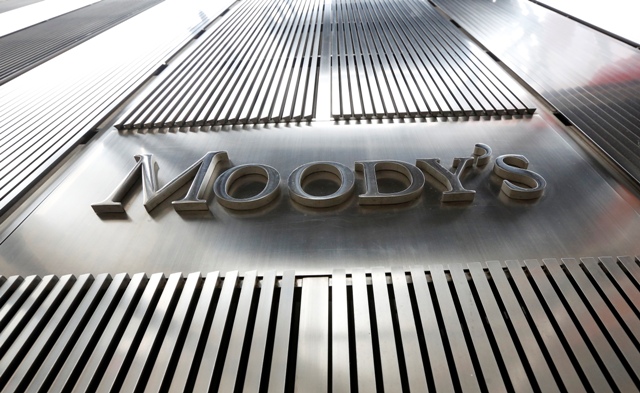
The United States, United Kingdom and India will continue to post solid growth in the coming two years despite a slowdown in the Eurozone and other areas, according to the rating agency Moody's Investors Service.
In its latest quarterly Global Macro Outlook report, Moody asserts that it does not expect a significant rebound in global GDP (Gross Domestic Product) growth as the Eurozone still remains in turmoil and the Chinese economy continues faltering.
However, it predicts a stronger future for the US, UK and India, with the UK's GDP growing 2.5 percent in 2015 and 2016.
"These domestic factors are impinging on economic activity to a greater extent than previously envisaged and have driven a downward revision in Moody's 2015 forecasts for many countries and regions, including the euro area, Japan and Brazil. In contrast, Moody's expects sustained robust growth in the US, UK and India over the next two years," Moody's asserts in an official statement.
In a separate report, Businessweek pointed out the future of the three countries, of which India is predicted to a have promising growth. Under the watch of Prime Minister Narendra Modi and financial reforms by the Reserve Bank of India chief Raghuram Rajan, the economy is showing a slow and sure improvement.
Meanwhile, the US Federal Reserve's decision to hike short-term borrowing rates after it recently ended its quantitative easing (QE) measures, will be a much-watched aspect.
The UK government is also stepping in with curbs to throttle a possible asset bubble, which poses a major challenge for the administration.
That said, weakness in China, the euro area, Brazil and South Africa will hold down global growth in 2015 and 2016, Moody's said.
"Most factors that have weighed on global GDP growth in 2014 will remain in place in the next two years, including the gradual slowdown in China. Moreover, structural deficiencies in some countries and regions - including the euro area, Brazil and South Africa - are also preventing a significant rebound in growth," Marie Diron, a senior vice president at Moody's and author of the report, said.

















